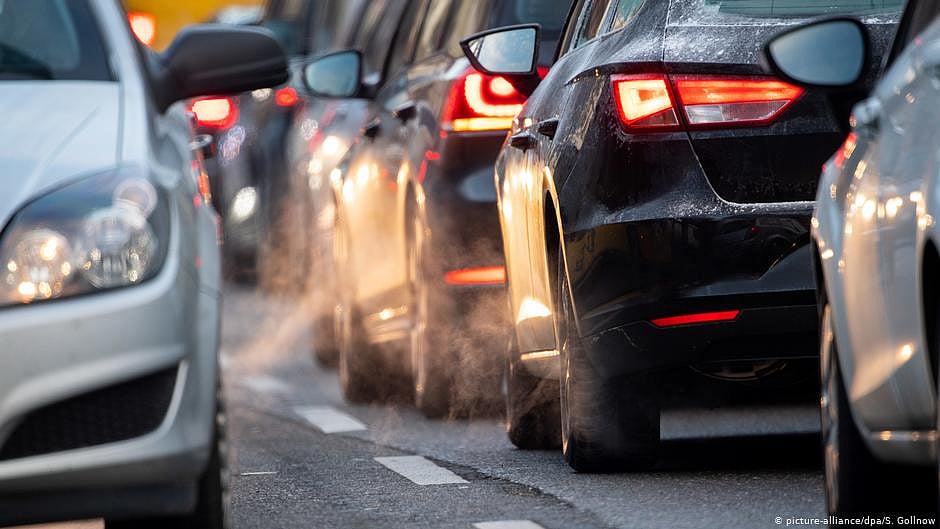Environment
As climate threats deepen for the poorest, fossil fuel exit remains elusive
Alex Rafalowicz of the Fossil Fuel Non-Proliferation Treaty says COP30 agreements have left the world “drastically off track” on the climate emergency

The climate crisis will continue to disproportionately impact the world’s poorest and most marginalised communities, particularly in India and other developing nations, unless countries commit to a meaningful phase-out of fossil fuels, a top global campaign representative has warned.
Alex Rafalowicz, director of the Fossil Fuel Non-Proliferation Treaty initiative, said that despite the formal agreements reached at COP30 in Belém, Brazil, “we are still drastically off track” in responding to the climate emergency. He stressed that the burden of rising temperatures is falling most heavily on populations that have contributed least to historical emissions and possess the least resilience.
“To stop the acceleration of these disasters, we need a genuine plan to phase out fossil fuels and to end deforestation. COP30 did neither. So at the highest level, we must be honest, we are off track,” Rafalowicz told PTI.
The UN climate summit concluded with a subdued pact that promised additional adaptation finance for vulnerable countries. However, the agreement avoided any explicit call to phase out fossil fuels or strengthen existing emission-cutting pledges, omissions that many nations, especially island and climate-vulnerable states, had demanded.
According to Rafalowicz, the absence of fossil-fuel language reflected a combination of political hesitancy, limited public pressure in some regions, and intense lobbying by industry stakeholders. “One in 25 attendees represented fossil fuel-related industries or corporations. Their interest is to limit action,” he noted.
He emphasised that coal, oil and gas remain the dominant sources of global carbon dioxide emissions, adding: “Eighty-six per cent of the carbon dioxide trapped in our atmosphere over the past decade has come from coal, oil and gas. If we cannot address these three products, we cannot address the climate crisis. It is fundamentally a fossil fuel crisis.”
Published: undefined
India’s dilemma and the transition debate
Asked about India’s continued dependence on fossil fuels, Rafalowicz said that acknowledging this reliance is the first step. He argued that India’s renewable-energy ambitions, combined with a clear commitment to a long-term transition, would make it a welcome participant in international efforts to move beyond fossil fuels.
“We can discuss a reasonable pathway that ensures continued access to energy… and that ensures just transition plans for workers in fossil fuel sectors. This is precisely the conversation Colombia and the Netherlands want to begin. India… would be very welcome,” he said.
He cautioned that leaving the shift entirely to market forces would lead to an inequitable transition dominated by powerful nations and corporations. Such an outcome, he warned, would undermine the interests of ordinary people in developing countries.
Despite the political resistance from major fossil-fuel producers, Rafalowicz said they cannot halt the global momentum of clean-energy expansion.
The real challenge, he said, lies in the pace and fairness of the transition: whether it can happen quickly enough to avert catastrophic climate impacts and whether it will protect those who are most vulnerable.
Rafalowicz confirmed that Colombia and the Netherlands will co-host the first international conference on a just transition away from fossil fuels in April 2026 in Santa Marta, Colombia. He expects participation from around 40 countries “from every continent,” focusing on technical dialogues, legal pathways, and systems-level reforms.
“This includes discussions… on the possibility of establishing a new treaty focused specifically on fossil fuels,” he said.
With PTI inputs
Published: undefined
Follow us on: Facebook, Twitter, Google News, Instagram
Join our official telegram channel (@nationalherald) and stay updated with the latest headlines
Published: undefined